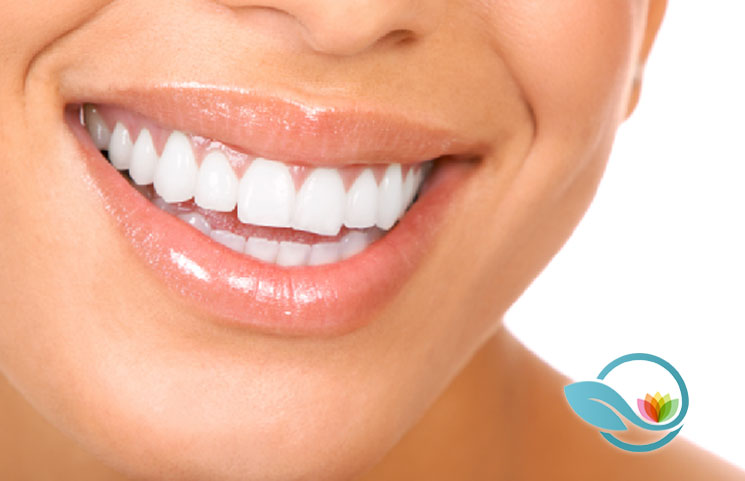Published
6 years agoon

Have you been repeatedly told by a dental hygienist that you need to floss twice a day? Did you by chance not take the advises given to you seriously? If the answer is yes to both, I myself am just as guilty. Unfortunately, if proper care isn’t taken in regard to one’s oral hygiene, its effects can go as far as leading to strokes.
A recent post shared by Natural Health 365 expounds on the reasons why improper oral care can put one’s life at risk. Believe it or not, it starts with omitting to floss one’s teeth. When we stop flossing our teeth, this leads to a condition called gingivitis.
Gingivitis weakens the gums, which serve as support for our teeth. Said disease can lead to the entrance of bacteria because of the lack of shield normally provided by the gums. They then have the potential to enter the bloodstream further damaging blood cells.
Natural Health 365 referenced a study conducted by the Tampere University in Finland. To understand the extent in which poor oral health can trouble one’s overall wellness, researchers analyzed blood clots of 75 victims of stroke.
It turns out that 8 in 10 people’s DNA contained oral bacteria also known as Streptococcus. They concluded that those who do not take care of their oral hygiene are giving the green light to bacteria to enter the body freely, which can then break our natural defense system and take over altogether.
On the whole, the sooner the better, as starting now can help to strengthen one’s gums. In this case, consumers should give extra care and time when brushing their teeth twice daily. This being said, brushing alone is not adequate, as it does not remove food that’s stuck in between the teeth. Therefore, consumers should also make it a habit to floss their teeth.
In the event that one is fearful that they may have gingivitis (which can be dangerous depending on its severity), it is best to reach out to a health professional as soon as possible.










Disclaimer: Please understand that any news, guides or reviews found here are not a worthy substitute for medical advice. It is extremely wise to consult with a licensed healthcare professional or physician before adding any new health product or program to your routine. No supplements or services here are intended to diagnose, cure or prevent any disease.
Disclosure: Links located within this website may be affiliate placements where referral rewards will be generated if you make a purchase. This adds no additional cost to you and does not change the outcome of the research or review, but goes back into site upkeep and team sustainability.

